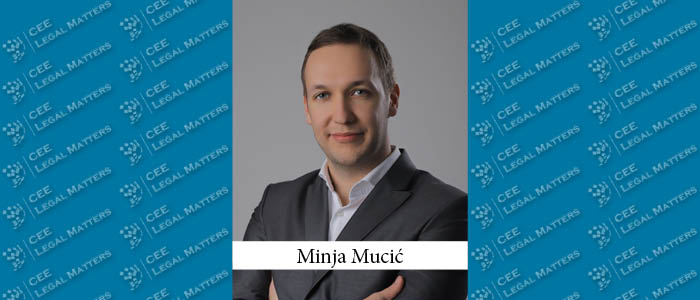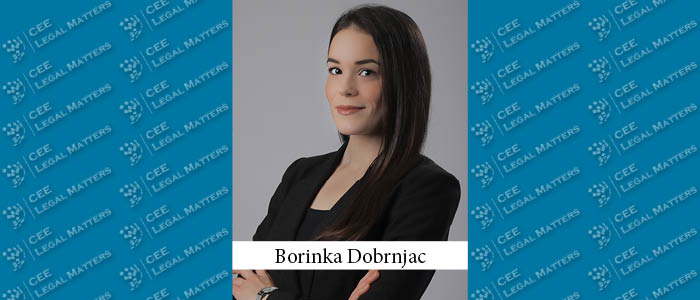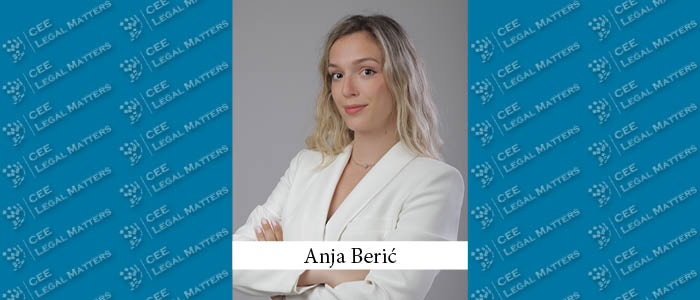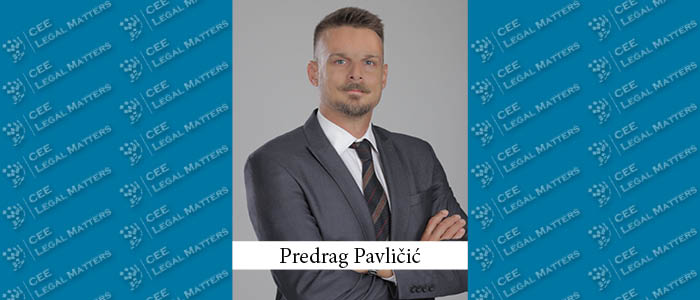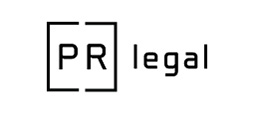Recently, the Court of Appeal in Belgrade, in its ruling No. Gž4 168/22 dated May 30, 2024, addressed the issue of determining copyright infringement in a case where, at the time of publication of the work, a different author was credited as the author.
Offer of an Annex to the Employment Contract: Is There a Delay in the Deadline for Employee Response During Temporary Work Incapacity?
In Judgment No. Rev2 1986/22 dated November 24, 2023, the Supreme Court took the position that the days during which the employee was on sick leave cannot be counted in the eight-day period within which the employee is obligated to respond to the offer of an annex to the employment contract, starting from the date of receipt of the offer.
Legal Regulations Regarding the Status of Freelancers
Although not recognized in domestic legislation for a long time, freelancers finally saw a resolution to their long-standing battle for legal recognition of their status by the end of 2022. Amendments to the Law on Personal Income Tax (“Law”), which followed months of protests and negotiations with relevant authorities, officially established and regulated the status of this category of workers. This legal framework now clearly defines their rights and obligations in a transparent manner.
The Corner Office: Onboarding Clients
In The Corner Office, we ask Managing Partners at law firms across Central and Eastern Europe about their backgrounds, strategies, and responsibilities. With managing firm clients being a critical aspect of firms’ operations, we asked: What are the three most important elements when onboarding a new client?
Environmental Protection Charge in Case of Business Activities Conducted in Multiple Local Government Units
In accordance with the Law on Charges on Usage of Public Goods (“Law“), the Government of the Republic of Serbia, in April 2024, adopted the Regulation on Criteria for Determining Activities that Impact the Environment and the Amounts of Fees (“Regulation“).
Artificial Intelligence and Patent Law
Amidst the adoption of the Artificial Intelligence Act by the European Union Council, as the world’s first legislation setting a global standard for regulating artificial intelligence (“AI“), we are entering into the still unregulated territory of the relationship between patent law and AI.
Use of Video Surveillance Footage as Evidence in Disciplinary Proceedings
In this article, we address a common question in practice – under which conditions can an employer use video surveillance footage in disciplinary proceedings against an employee?
Legal Regulation of Artificial Intelligence: European AI Act
One of the most current news this year, which turned out to be equally interesting to both legal experts and IT industry professionals, was the adoption of the European Union’s Artificial Intelligence Act (“AI Act“) as the first regulatory framework regarding artificial intelligence (“AI“) adopted at the EU level. The aim of the AI Act is to bring the European Union (“EU“) to the forefront of the artificial intelligence race, while simultaneously ensuring the protection of human rights, the environment, the rule of law, and democracy.
Non-Compete Clause in Employment Relationships: Can the Validity of the Clause be Terminated Unilaterally by the Employer?
In the practice of the Court of Appeal in Belgrade, in the judgment No. Gž1 1900/20 dated 19.03.2021 (“Judgment“), the following position was taken:
Data Protection Laws and Regulations in Serbia
Contributed by PR Legal.
The Republic Geodetic Authority Conducted an Assessment of Apartment Values: A New Standard in Transparency and Accessibility of Real Estate Data
The Republic Geodetic Authority of Serbia (“RGZ“) announced in June 2024 that it has conducted a mass assessment of apartment values across Serbia, aiming to set a new standard in transparency and accessibility of real estate data.
Privacy vs. Safety: Facial Recognition Systems
Facial recognition has recently become something mundane: for example, every day we can see smartphones that offer the option to unlock the phone using the owner’s face.
"Open Banking” in Serbia and Membership in the Single Euro Payment Area (SEPA)
The National Bank of Serbia (“NBS”) has prepared a Draft Amendments to the Law on Payment Services (“Draft”) and invited experts and other interested parties to submit their suggestions and comments as part of a public consultation by 27 June 2024.
The Corner Office: Client Relationship Dealbreakers
In The Corner Office, we ask Managing Partners at law firms across Central and Eastern Europe about their backgrounds, strategies, and responsibilities. While in the legal field maintaining client relationships is vital, there are occasions when law firms must end engagements. To explore some of the reasons that might lead to this, we asked: After accepting mandates, what have been the main reasons for which you ended up having to drop clients?
Supreme Court: Overtime Work Can Exist Without Employer’s Resolution or Written Request
In an era where social media has become an integral part of daily life, the issue of privacy protection is gaining increasing importance. Typically, social media platforms offer mechanisms to control access to the content which individuals share on their profiles, including the so-called profile “locking”. On the other hand, content on “unlocked” profiles is accessible to an unlimited number of people, allowing anyone who visits a particular profile to view the content created or published by its owner.
Violation of Privacy Rights through Publication in the Media: Using Photos from Individuals Social Media Profiles
In an era where social media has become an integral part of daily life, the issue of privacy protection is gaining increasing importance. Typically, social media platforms offer mechanisms to control access to the content which individuals share on their profiles, including the so-called profile “locking”. On the other hand, content on “unlocked” profiles is accessible to an unlimited number of people, allowing anyone who visits a particular profile to view the content created or published by its owner.
The Corner Office: Skills of Tomorrow
In The Corner Office, we ask Managing Partners at law firms across Central and Eastern Europe about their backgrounds, strategies, and responsibilities. Given the dynamic and ever-evolving nature of the legal profession, we asked: What is the one critical skill that you’re investing time and energy in to develop within your team, and why?
Competition Safeguarding in Serbia’s Market: A Designed Approach
The Commission for Protection of Competition (“CPC”) and the Republic Secretariat for Public Policy (RSPP), in cooperation with the Organization for Economic Cooperation and Development (OECD), enacted a while back a Control List for Assessing the Impact of Regulations on Competition (“Control List”), which establishes whether a specific proposal or draft regulation could lead to competition distortion in the market.

